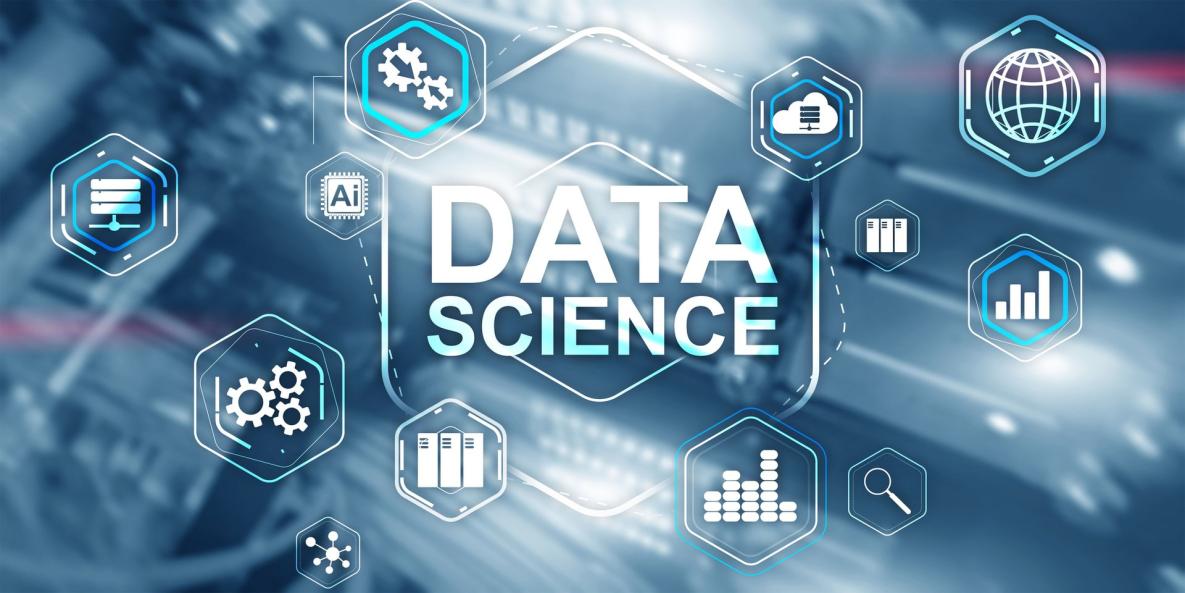Exploring the Potential of AI and Data Science in Transforming the UAE's Transportation Infrastructure
Introduction

The United Arab Emirates (UAE) has long been a pioneer in innovation and technological advancement, consistently striving to push the boundaries of what is possible. This commitment to progress is evident in the country's transportation infrastructure, which plays a pivotal role in driving economic growth and social development.
In recent years, the advent of artificial intelligence (AI) and data science has opened up a new frontier of possibilities for transforming transportation systems. These technologies have the potential to revolutionize the way we move people and goods, making transportation safer, more efficient, and more sustainable.
AI and Data Science Applications in Transportation
The applications of AI and data science in transportation are vast and varied, encompassing a wide range of areas:
Traffic Management:
- AI can optimize traffic flow and reduce congestion by analyzing real-time data from sensors, cameras, and other sources. This information can be used to adjust traffic signals, provide real-time traffic updates to drivers, and identify and address traffic incidents quickly and efficiently.
- AI-powered traffic management systems are already being used in several cities around the world, including Dubai, which has implemented a smart traffic management system that has significantly reduced congestion and improved traffic flow.
Public Transportation:
- AI can improve the efficiency of public transportation systems by optimizing bus and metro schedules, reducing wait times, and providing real-time information to passengers. Data science can be used to analyze travel patterns and identify areas where improvements can be made.
- AI can also be integrated with smart card systems to provide personalized recommendations and streamline the payment process.
Autonomous Vehicles:
- Autonomous vehicles have the potential to revolutionize transportation by eliminating the need for human drivers. This technology has the potential to improve safety, reduce traffic congestion, and increase accessibility for people with disabilities.
- Several ongoing autonomous vehicle projects are underway in the UAE, including a pilot project in Dubai that is testing autonomous taxis and buses.

Benefits of AI and Data Science in Transportation
The benefits of AI and data science in transportation are numerous and far-reaching:
Improved Safety:
- AI can reduce accidents and enhance road safety by identifying and mitigating hazardous conditions, such as slippery roads or traffic congestion. AI-powered safety features in vehicles, such as lane departure warning systems and automatic emergency braking, can also help to prevent accidents.
- Data science can be used to identify and mitigate accident-prone areas, allowing transportation authorities to take targeted action to improve safety.
Increased Efficiency:
- AI can optimize transportation networks and reduce travel times by analyzing real-time data and making adjustments to traffic signals and routing. AI-powered routing and scheduling systems can also help to improve the efficiency of public transportation systems.
- Data science can be used to analyze travel patterns and identify areas where infrastructure utilization can be improved.
Enhanced Sustainability:
- AI can promote sustainable transportation practices by optimizing traffic flow, reducing congestion, and encouraging the use of public transportation and other green transportation options. AI-powered green transportation initiatives, such as carpooling and ride-sharing, can also help to reduce carbon emissions.
- Data science can be used to track and reduce carbon emissions from transportation, helping to achieve environmental sustainability goals.

Challenges and Opportunities
While AI and data science hold immense promise for transforming transportation, there are also challenges that need to be addressed:
Data Privacy And Security:
- Collecting, storing, and securing transportation data presents challenges related to privacy and security. Robust data governance frameworks are needed to ensure that data is used responsibly and securely.
- The UAE has implemented several measures to address data privacy and security concerns, including the Personal Data Protection Law and the Cybersecurity Law.
Ethical Considerations:
- The use of AI and data science in transportation raises ethical considerations related to algorithmic bias, fairness, and transparency. It is important to develop ethical guidelines for the development and deployment of AI and data science applications in transportation.
- The UAE has taken steps to address ethical considerations related to AI and data science, including the establishment of the AI Ethics Committee.
Conclusion
AI and data science have the potential to transform the UAE's transportation infrastructure, making it safer, more efficient, and more sustainable. By embracing these technologies and addressing the associated challenges, the UAE can position itself as a global leader in transportation innovation.
Stakeholders, including government agencies, transportation authorities, and private sector companies, should collaborate to invest in AI and data science initiatives and create an environment that fosters innovation and progress. By working together, we can unlock the full potential of these technologies and create a transportation system that meets the needs of the 21st century.
YesNo

Leave a Reply